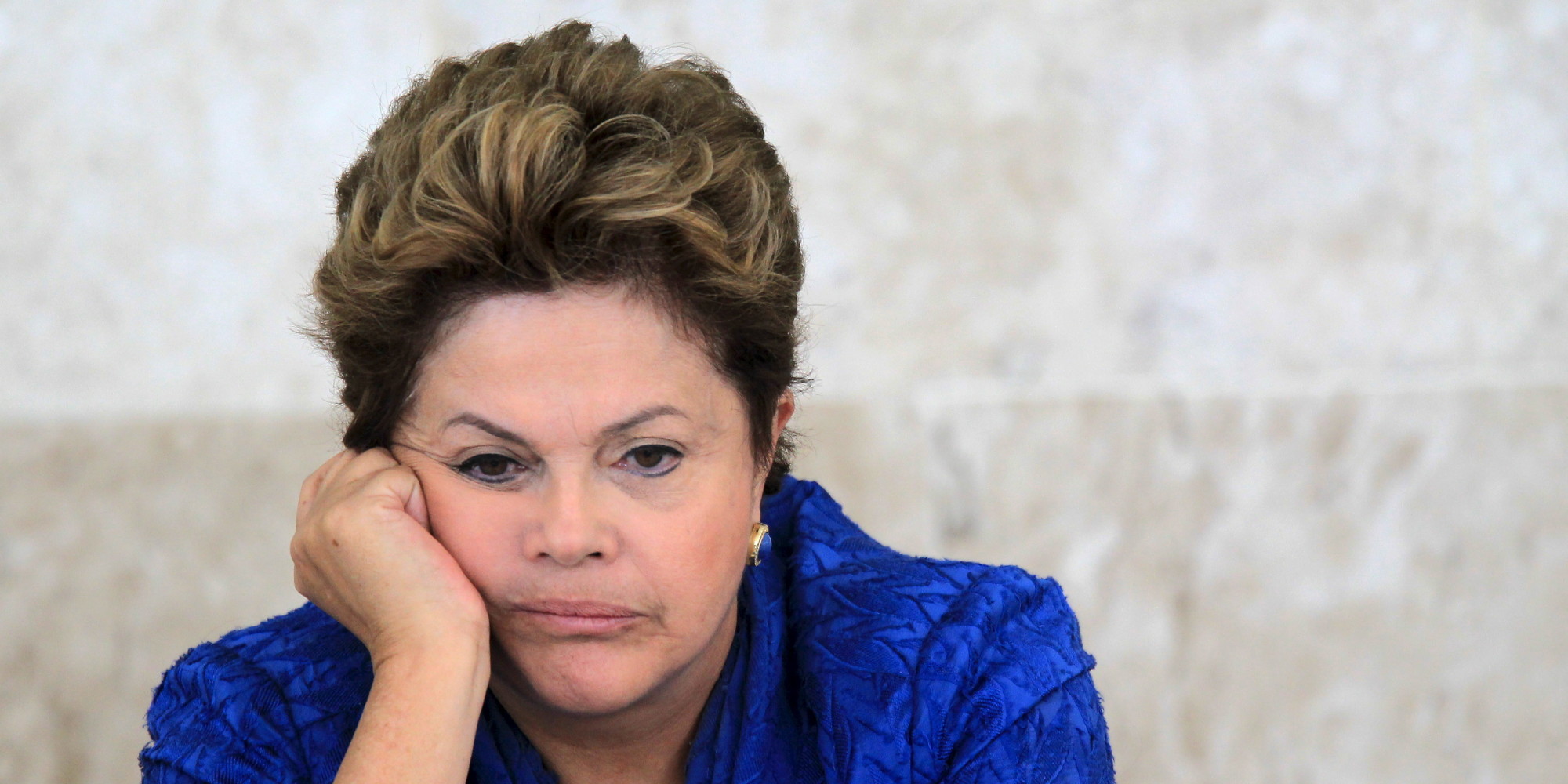Dilma Rousseff Removed From Office By Senate

NEW DELHI: Brazil's Senate has voted to remove President Dilma Rousseff from office, bringing to an end the 13 years in power of her left-wing Workers' Party.
Sixty-one senators voted in favour of her dismissal and 20 against it, meeting the requirement of a two third majority needed for her impeachment. Michel Temer, currently acting President, has been sworn in as President and will lead the country for the next few years as he will carry out Rousseff’s remaining term.
Addressing her supporters, Rousseff said, "I will not say goodbye to you. I am certain I can say: 'See you soon.'" She said she will be appealing against her dismissal and added that "They have convicted an innocent person and carried out a parliamentary coup." Although Rousseff lost the impeachment battle, she won a separate Senate vote that had sought to ban her from public office for eight years.
Rousseff’s impeachment was the likely scenario, with the impeachment trial entering its final phase last week. The process has taken its time, with congressional debates starting back in December and Rousseff being suspended by the Senate by a vote of 55 to 22 on May 12 after a marathon 21 hour session.
Rousseff has been in power since 2011; she was re-elected in 2014 by a razor-thin margin, but it was not expected for her to survive the impeachment trial as she had suffered a range of defeats -- first in the Chamber of Deputies, where 71.5 percent of the lawmakers gave the green light to the impeachment proceedings and then in the Senate.
Her troubles began when Brazil’s once booming economy began to crash -- as a result of a fall in global commodity prices that progressively decimated the national economy throughout her tenure. This was exacerbated by a huge corruption scandal involving politicos and executives at the state oil company, where Rousseff was once the chair. More than 200 members of the business community and politicians were implicated, including former president Lula and other PT leaders, which smeared the image of the government.
Interestingly, Rousseff herself was not accused of corruption. Her trial, instead, focused on creative accounting -- a charge she admits to and defends herself for by maintaining that Brazilian Presidents have been doing it for years. Creative accounting is essentially the charge that Rousseff broke fiscal laws by shuffling money around government accounts. The trial, therefore, is to investigate whether those charges stick.
The background of the corruption scandals in the wake of an economic downturn strengthened allegations that Rousseff violated fiscal responsibility laws by signing decrees increasing public spending without authorisation and by obtaining loans to the federal government from state-owned banks.
Rousseff therefore faced criticism for hiding the scope of the government’s deficit problem and announcing an expansion of social programmes that was not economically feasible, due to a lack of funds.
As Temer took over, he said the impeachment ushered in a "new era". The centre-right PMDB party politician was made acting President from the post of Vice President when the impeachment trial began. He asked his ministers to "vigorously defend" the government from accusations that Rousseff's dismissal amounted to a coup d'etat -- a charge routinely levelled against the opposition by Rousseff’s supporters.
"We can't leave one accusation unanswered," he said. Temer added that the economy will be a priority in the coming years, and told ministers to work closely with the Congress to revive it.
The political fallout of the impeachment is already taking shape, with Rousseff’s dismissal creating a rift between Brazil and three left-wing South American governments -- Venezuela, Ecuador and Bolivia. Brazil and Venezuela recalled each other's ambassadors. Brazilian envoys to Bolivia and Ecuador have also been ordered home.



